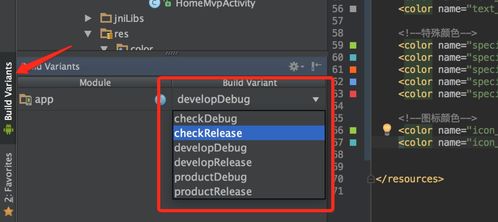Pre Op Checklist: A Comprehensive Guide for a Smooth Surgery Experience
Undergoing surgery can be an overwhelming experience, but having a well-prepared pre-op checklist can significantly ease the process. This guide is designed to help you navigate through the various aspects of preparing for surgery, ensuring that you are as informed and prepared as possible. Let’s delve into the essential elements of a pre-op checklist.
Understanding Your Surgery

Before anything else, it’s crucial to have a clear understanding of your upcoming surgery. This includes knowing the type of surgery, the expected outcomes, and any potential risks or complications. Here’s what you should consider:
| Understanding Your Surgery | Details |
|---|---|
| Type of Surgery | Know the specific procedure, including its purpose and expected results. |
| Risks and Complications | Understand the potential risks and complications associated with your surgery. |
| Recovery Process | Learn about the expected recovery period, including any physical limitations or restrictions. |
Medical History and Pre-Op Consultation

Your medical history plays a vital role in the planning and execution of your surgery. Here’s what you need to do:
-
Review your medical history with your healthcare provider. This includes past surgeries, medications, allergies, and any chronic conditions.
-
Attend your pre-op consultation. This is an opportunity to discuss your surgery in detail, ask questions, and address any concerns.
-
Provide a list of all medications you are currently taking, including over-the-counter drugs, supplements, and vitamins.
Pre-Op Preparations

Pre-op preparations are essential to ensure a safe and successful surgery. Here are some key steps to follow:
-
Follow your doctor’s instructions regarding fasting before surgery. This is typically required to prevent aspiration during anesthesia.
-
Stop taking certain medications, such as blood thinners, as directed by your doctor. This is to minimize the risk of bleeding during surgery.
-
Arrange for someone to drive you home after surgery and stay with you for the first 24 hours.
-
Prepare your home environment to accommodate your recovery needs. This may include setting up a comfortable sleeping area, ensuring you have easy access to medications, and having someone available to assist you as needed.
What to Pack for the Hospital
Packing for the hospital is an important part of your pre-op preparation. Here’s a list of items you may want to consider:
-
Personal hygiene items, such as toothbrush, toothpaste, deodorant, and a change of clothes.
-
Medications, as prescribed by your doctor.
-
Comfort items, such as a favorite pillow or blanket.
-
Documentation, such as your insurance information, a list of medications, and any other relevant medical records.
Post-Op Care and Follow-Up
After surgery, proper post-op care is crucial for a smooth recovery. Here’s what you should expect:
-
Follow your doctor’s instructions regarding pain management, wound care, and activity levels.
-
Attend all follow-up appointments to monitor your recovery progress.
-
Report any unusual symptoms or concerns to your healthcare provider immediately.
Support and Resources
Recovering from surgery can be challenging, but there are resources available to help you through the process:
-
Join a support group for individuals who have undergone similar surgeries.
-
Seek guidance from a physical therapist or occupational therapist, if needed.
-
Utilize online resources and educational materials to learn more about your surgery and recovery process.
By following this comprehensive pre-op checklist,
